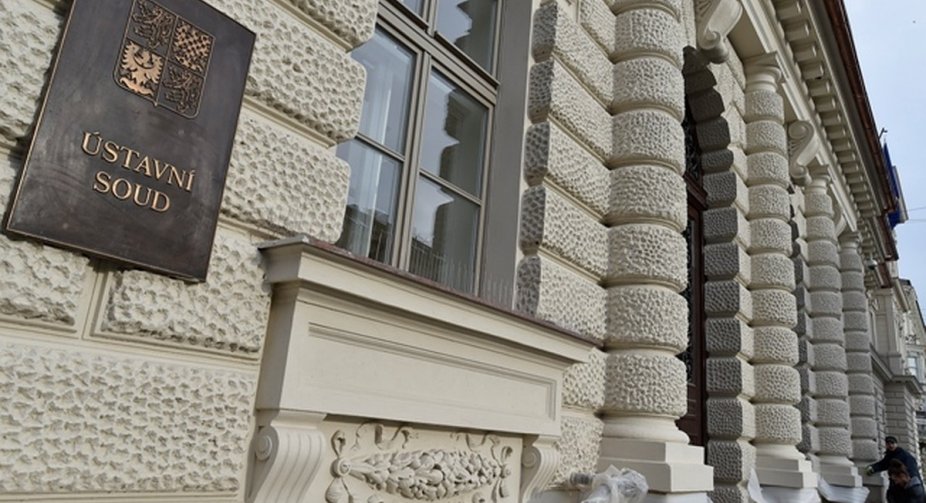When deciding on the admissibility of extradition of Russians to their homeland for criminal prosecution, Czech courts must always take into account the consequences of the invasion of Ukraine for the defendant.
The Constitutional Court considered the complaint of a person facing prosecution for fraud in his native Russia.
The court ruled that the Supreme Court in Prague made a mistake when, shortly after the Russian invasion of Ukraine, it ruled on the admissibility of extradition of this person. The court should have conducted a more thorough investigation, to check whether the diplomatic guarantees provided by Russia can be trusted and whether they really protect the extradited person from ill-treatment.
The Supreme Court did not properly take into account the situation that arose after the start of Russia's military invasion of Ukraine, violated the fundamental right of a Russian citizen to judicial protection, therefore the Constitutional Court canceled its decision.
However, according to the conclusion of the Constitutional Court, this resolution cannot be interpreted in the sense that the military invasion of the Russian Federation excludes the possibility of extradition of persons to the Russian Federation. The Czech Republic and Russia are still contracting parties to the European Convention on Extradition, but it is always necessary to consider the ongoing war and its consequences as an extremely serious circumstance.



